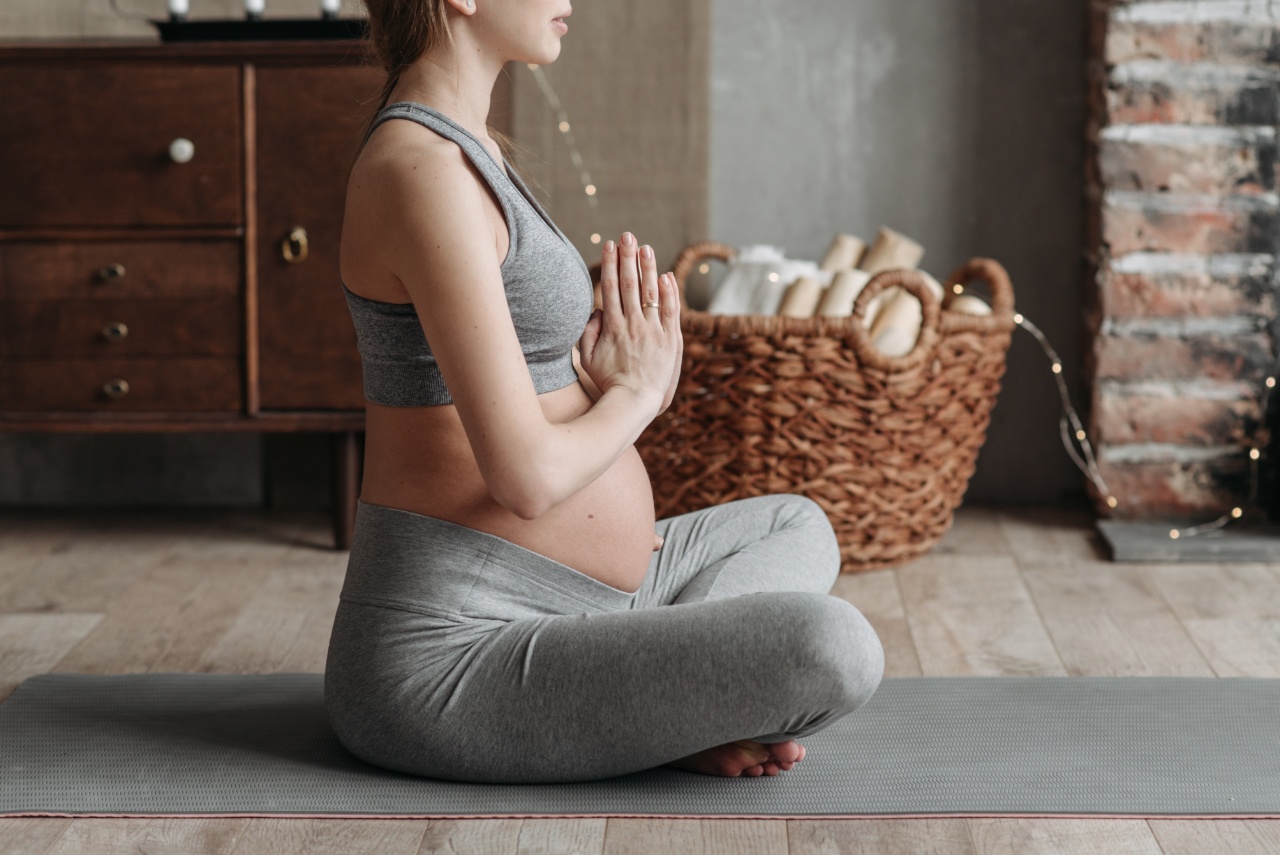Pregnancy is a beautiful and transformative phase in a woman’s life. However, along with the joys of creating new life, expectant mothers often experience uncomfortable symptoms like swollen legs.
This condition, known as edema, is caused by excess fluid retention. While swollen legs are a common occurrence during pregnancy, they can be both uncomfortable and distressing.
In this article, we will explore effective remedies for swollen legs in pregnancy, helping you find relief and enjoy a more comfortable experience.
Understanding Swollen Legs During Pregnancy
Swollen legs occur for various reasons during pregnancy. As your body produces more blood to support the growing fetus, it can put pressure on your blood vessels, leading to fluid retention in the legs and ankles.
Additionally, hormonal changes cause the walls of your blood vessels to relax, making it easier for fluid to leak into the surrounding tissues.
The effects of gravity can further exacerbate the problem, as fluid tends to accumulate in the lower extremities.
Swollen legs during pregnancy are more common in the third trimester, but many women may experience this discomfort at any stage. It is essential to address the issue promptly to avoid potential complications.
Remedies for Swollen Legs:
1. Stay Active
Regular physical activity can help improve circulation and prevent fluid build-up in the legs. Engaging in low-impact exercises such as walking, swimming, or prenatal yoga stimulates blood flow and reduces swelling.
Consult with your healthcare provider to determine the best exercise routine for your specific needs.
2. Elevate Your Legs
Lifting your legs above the level of your heart can help reduce swelling. Lie down on a comfortable surface and prop your legs up on a pillow or cushion.
This elevation allows gravity to promote the return of blood and fluids to your heart, relieving swelling and discomfort.
3. Avoid Standing or Sitting for Prolonged Periods
Avoid standing or sitting in one position for too long, as it can impede blood circulation. Take breaks to walk around, stretch, or change positions frequently.
If your job requires extended periods of standing, consider using a footrest or investing in compression stockings recommended by your healthcare provider.
4. Wear Comfortable Shoes
Choosing supportive footwear during pregnancy is crucial to maintaining good circulation and preventing swollen legs. Opt for shoes with low heels and a wider toe box to accommodate any potential swelling.
Avoid tight-fitting shoes or high heels, as they can restrict blood flow and exacerbate the problem.
5. Healthy Diet
A well-balanced diet plays a vital role in managing edema during pregnancy. Limit your intake of processed and salty foods, as excessive sodium can contribute to fluid retention.
Instead, focus on consuming fresh fruits, vegetables, whole grains, and lean proteins. Adequate hydration is also essential, so drink plenty of water throughout the day.
6. Avoid Excessive Heat
Excessive heat can worsen swelling in the legs. Avoid soaking in hot tubs or saunas, and refrain from prolonged exposure to direct sunlight or hot weather.
Opt for cool showers, use a fan, or stay in air-conditioned spaces to help reduce swelling and discomfort.
7. Compression Garments
Compression stockings or socks can provide gentle pressure on your legs and help improve blood flow, reducing swelling. Consult with your healthcare provider to find the right level of compression and type of garment suited for your specific condition.
8. Massage Therapy
Massaging your legs can help stimulate blood circulation and reduce fluid accumulation. Using gentle, upward strokes, massage your legs regularly, paying particular attention to areas of swelling.
Consider seeking professional prenatal massage therapy, ensuring they are trained in techniques suitable for pregnant women.
9. Cold Compress
Applying a cold compress or ice pack to your legs can help reduce swelling and provide immediate relief. Wrap the cold pack in a thin towel and gently apply it to the swollen areas for 10-15 minutes.
Ensure not to place ice directly on your skin to prevent frostbite.
10. Rest and Relaxation
Take time to rest and relax, allowing your body to recover and reduce stress. Elevate your legs while resting, practice deep breathing exercises, and engage in activities that promote relaxation and overall well-being.
When to Consult Your Healthcare Provider
While swollen legs are generally a normal occurrence during pregnancy, it is essential to consult your healthcare provider if you experience any of the following:.
- Sudden or severe swelling that affects only one leg
- Pitting edema (when pressure leaves a noticeable indentation on the skin)
- Swelling accompanied by pain, redness, or warmth
- Swelling in the hands, face, or eyes
- Headaches or visual disturbances
- Shortness of breath
Your healthcare provider can determine if any underlying medical conditions or complications are causing the excessive swelling and provide appropriate guidance and treatment.
Conclusion
Swollen legs during pregnancy can be uncomfortable, but fortunately, there are many effective remedies to reduce swelling and discomfort.
By staying active, elevating your legs, wearing comfortable shoes, maintaining a healthy diet, and incorporating other natural remedies, you can find relief and enjoy a more comfortable pregnancy. Remember to consult with your healthcare provider if you have any concerns or experience severe symptoms. Take care of yourself and embrace this beautiful journey into motherhood.































